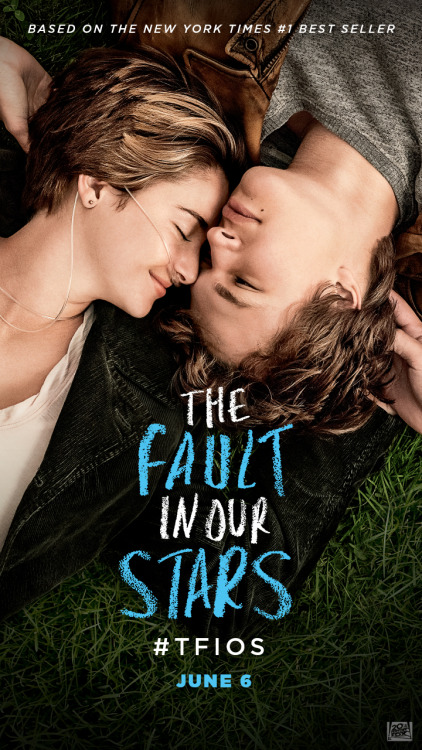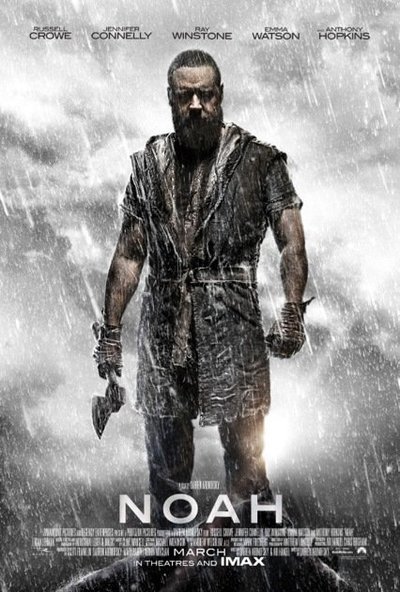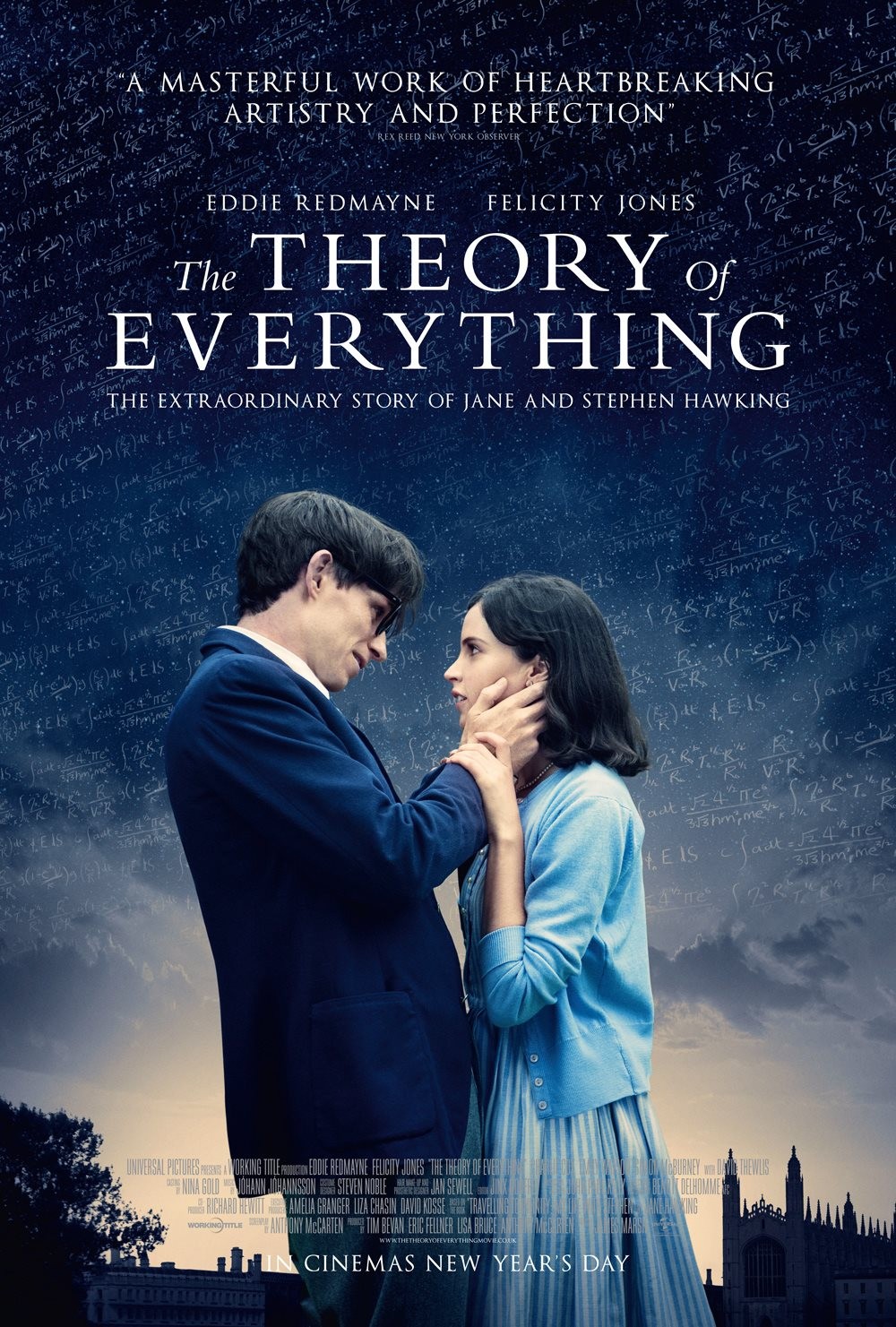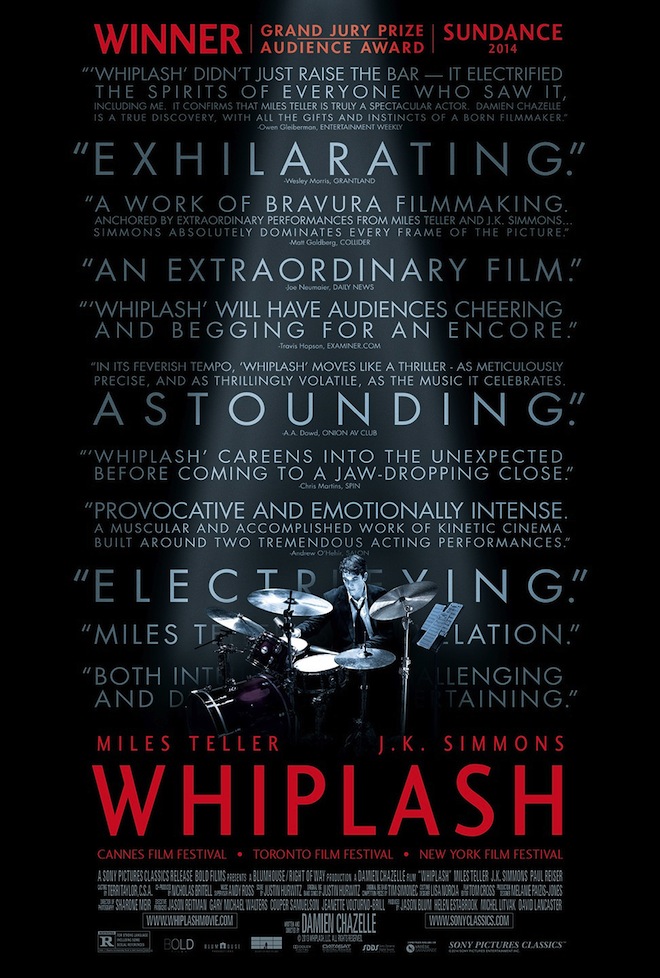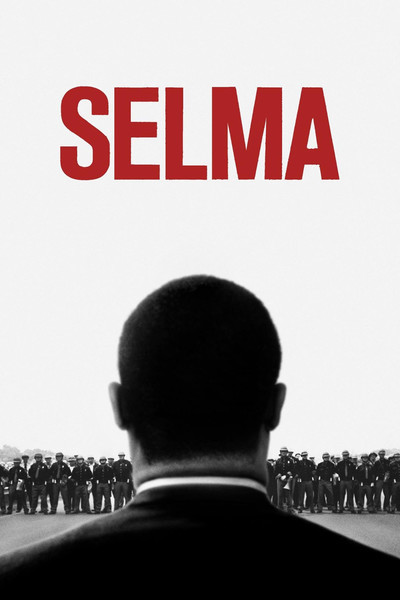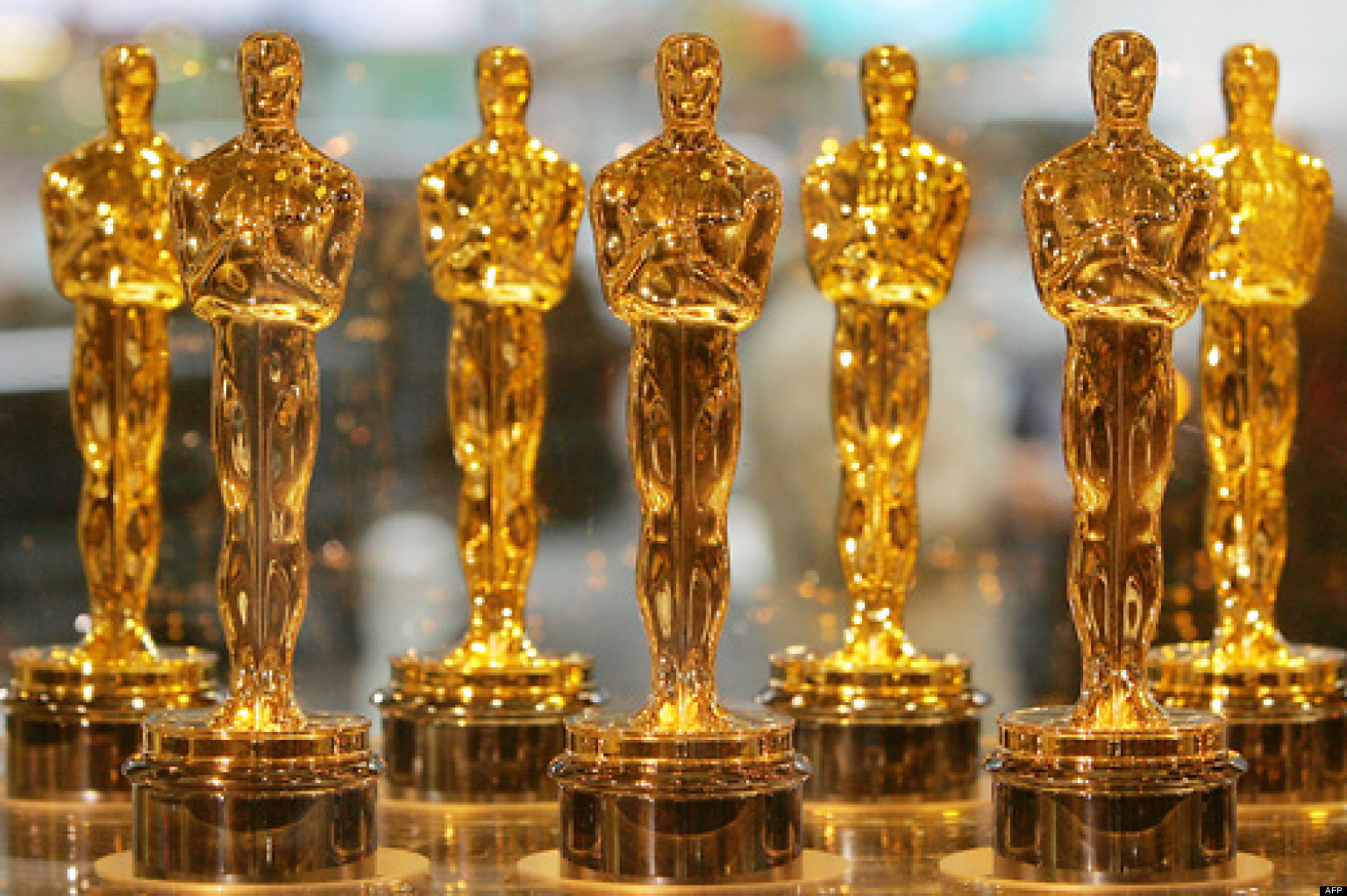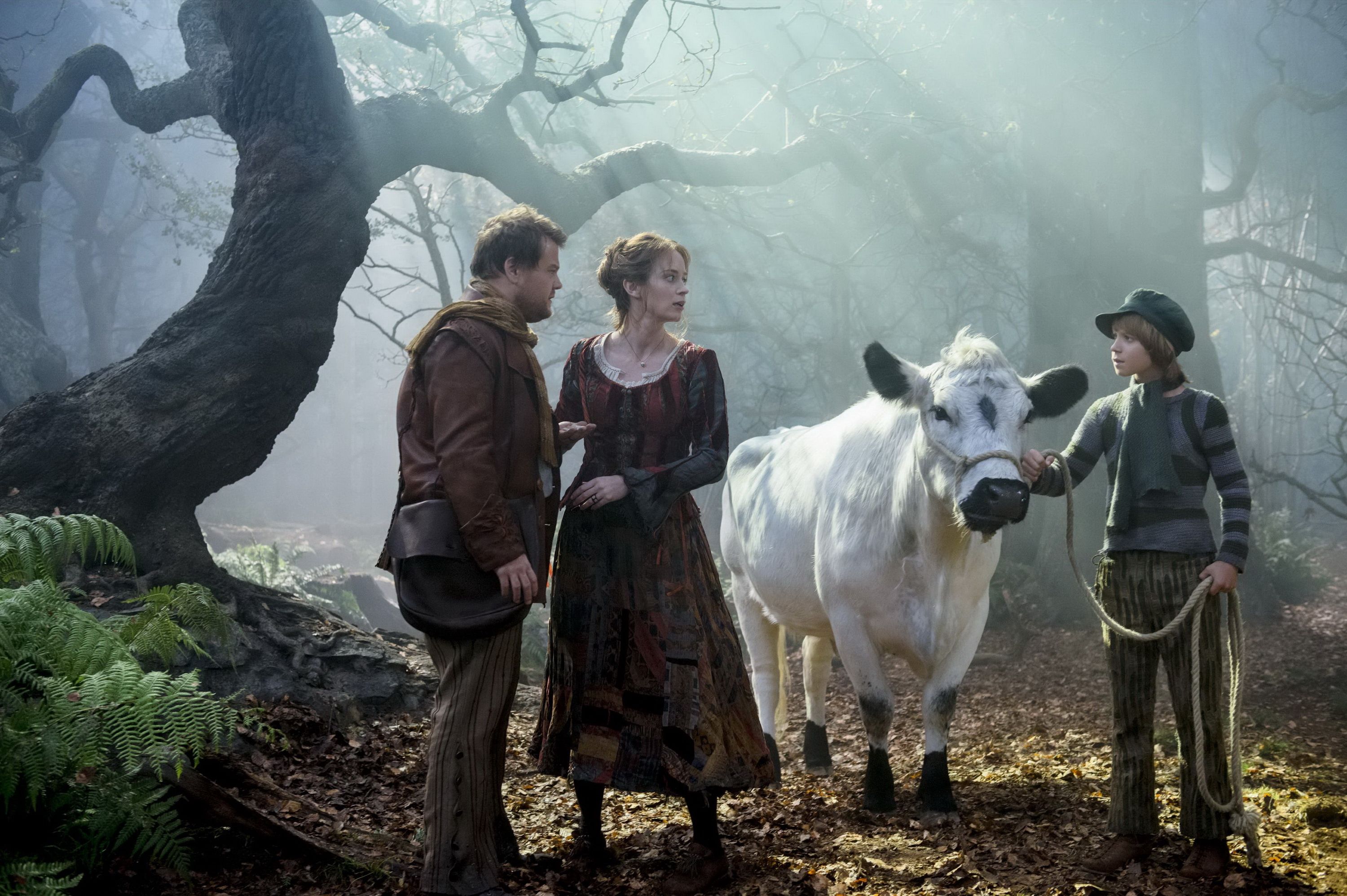Honorable Mention: Earth to Echo
When wielded wisely, nostalgia can be quite a powerful tool in moviemaking, and Earth to Echo's atmosphere made me feel a sense of reminiscence towards a time that I'm still living in. Earth to Echo is one of the most enjoyable family-friendly movies I have ever seen. Its approach had me excited, laughing, and hooked from the very beginning.
#10: Gone Girl
Functioning as both a captivating mystery and a brilliantly twisted psychological thriller, Gone Girl is an absorbing motion picture, featuring Ben Affleck at his best, equally matched by the performances of Neil Patrick Harris and Rosamund Pike, as the trio bring the characters from Gillian Flynn's novel to the life.
Someone I met last year told me that liking a movie like The Fault in Our Stars goes against my manhood, and it was one of the most shallow things I've ever heard. The Fault in Our Stars is among the most carefully made, well-acted, and life-affirming romances. Teens and adults, men and women alike, will agree - The Fault in Our Stars proves that movies made for teen audiences adapted from young adult novels can be of the highest cinematic quality.
#8: Birdman
Who would've guessed following around a washed-up actor trying to make his comeback could be one of the year's best films? Well, thanks to shining performances from Michael Keaton and Edward Norton, the writing and directing by Iñárritu, and a bit of groundbreaking cinematography and film editing (what an Oscar snub that was!), Birdman soared.
#7: Noah
It's a shame that Noah fell off the radar as awards season progressed. Its all-star cast, visuals, and daringly post-modern approach were its keys to financial and critical success, and it has cemented its place among the best Biblical adaptations in film history. Not only does it hone in on the story of the Great Flood, but it also has a signature of 21st century filmmaking. Noah deserves to be remembered.
It's official - I'm an Eddie Redmayne fan. His ability to portray Stephen Hawking from his fullest to his lowest, and all the gradual dilapidation in between, was impeccable. But don't just see it for the performances - see it for its ability to bring this amazing man's life so beautifully to the big screen.
#5: Whiplash
It's so great to see young filmmakers being recognized for their work. I'll admit it - had it not been for the Academy Award nominations I may never have seen this film. But even with its indie production value, Whiplash has the feel of a mainstream thriller. It's an extremely exciting film that, like its star-making performances from J.K. Simmons and Miles Teller, came out of nowhere to become one of 2014's greatest achievements.
#4: Selma
I was waiting to publish my Top 10 until I saw this, and boy did I make the right choice. Magnificently directed and fiercely powerful, Selma is an unbelievably moving portrayal of a flawed and brave man following his dreams to better the world. Frankly, I don't care about any political or controversial concerns surrounding the approach to this movie - it is a crowning success of filmmaking.
I'm not sure how else to say this, so I'll say it again - The Hobbit is one of the most technically impressive films ever made. As we say goodbye to Middle Earth one last time (supposedly), the production crew spared no expense in delivering an exhilarating final chapter to this trilogy. The Battle of the Five Armies is utterly breathtaking, and made the whole journey worthwhile.
#2: Into the Woods
I'll make the case that Into the Woods was the best musical, best comedy, has the best ensemble cast, and was the most fun movie to watch in the theater this year. Enjoyable for everyone and with a fair amount of worthwhile messages, Into the Woods builds on a sweeping magical story with a meticulously designed set, never failing to capture you into its mystical world.
#1: Boyhood
Okay, I know this is the third year in a row I've placed a coming-of-age film at the top of my year's best list. But even though Boyhood started out as an idea for a coming-of-age film, it evolved into so much more. It's a portrait of existence, a window to the past, and a reflection on the frequency and subtlety of our ever-changing lives. Boyhood was a labor of love - a love of childhood, a love of innocence, a love of filmmaking, a love of life.


